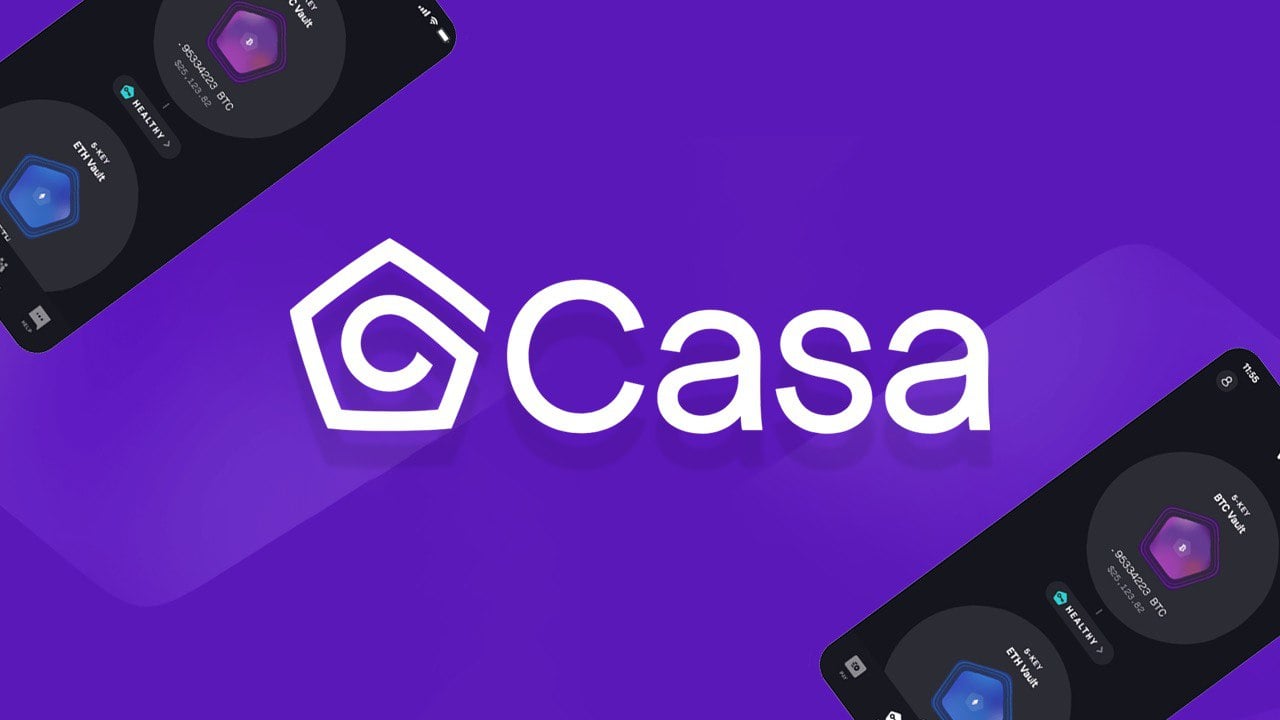Source: Comdas – Shutterstock
- The Cardano based Atala PRISM was designed “for government-scale projects”.
- Interest comes from Fortune 500 companies as well as governments and currently exceeds the labor supply.
Atala PRISM, a Cardano based decentralized identity solution being developed by Input Output Global (IOG) that enables people to own their personal data and interact with organizations seamlessly, privately and securely, has received rather less attention so far. However, this could possibly change in the coming months. According to the rumor mill, Atala PRISM will be a key component in the deal with the Ethiopian government.
In addition, Alan McSherry, solution designer and developer at IOG, revealed in October 2020 that more than 30 potential opportunities for deployments are in the pipeline. More recently, in an interview with Cardano Chats, IOG CEO Charles Hoskinson emphasized that digital identities are the foundation for widespread adoption. Atala PRISM could therefore play a central role, with IOG relying on the W3C’s standard for DIDs.
The point of PRISM is to say start with what has been built in the past. DIDs, through the W3C, it’s a beautiful standard for decentralized identifier, and they have built a whole framework around it to manage all those things and allow you to put a blockchain backend as the place to store it with an immutable timestamp.
Further, Hoskinson stated that IOG “spent years” developing the Atala PRISM framework and “it wasn’t built as a toy.” According to the IOG chief, PRISM was designed “for government-scale projects”.
So when you see these governments be like ‘we want to build a national ID’, I want to bid on every single one of those.
In Ethiopia, for example, we’re biding on a national ID system for 127 million people. […] It’s gonna be interconnected to every interface you have with government services – the land, the voting, the payments, the credit, when the government decides to do universal basic income.
Demand for Atala PRISM is currently so high that there is “a situation where the demand outpaces supply of labor.” Interest is coming from Fortune 500 companies as well as governments, as Hoskinson revealed.
Hoskinson described anonymized threshold proofs as the “next level” for Atala PRISM. These allow a specific characteristic to be proven without disclosing any other data.
To illustrate the technology, Hoskinson described visiting a bar and proving the person is over 18. Currently, ID must be shown, with all other data such as name, address, etc., disclosed. Threshold proofs could serve as anonymized proof that the person is over 18. Similarly, research institutes could collect anonymized data on how many people in a state had COVID-19 while also collecting other diseases for analysis.
That’s the kind of next level crypto, and that’s coming and identity is a vital component. Once you have the capacity to do threshold proofs, you can go deeper into the stack with the metadata of a person, the story of a person, and those vaults can be analyzed. And this is where PRISM is going as a product year 3 to year 5. And there’s so many use cases for this.






